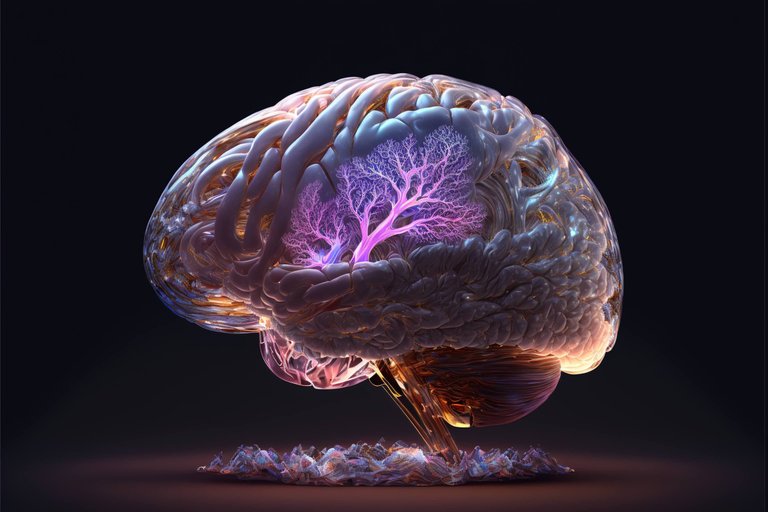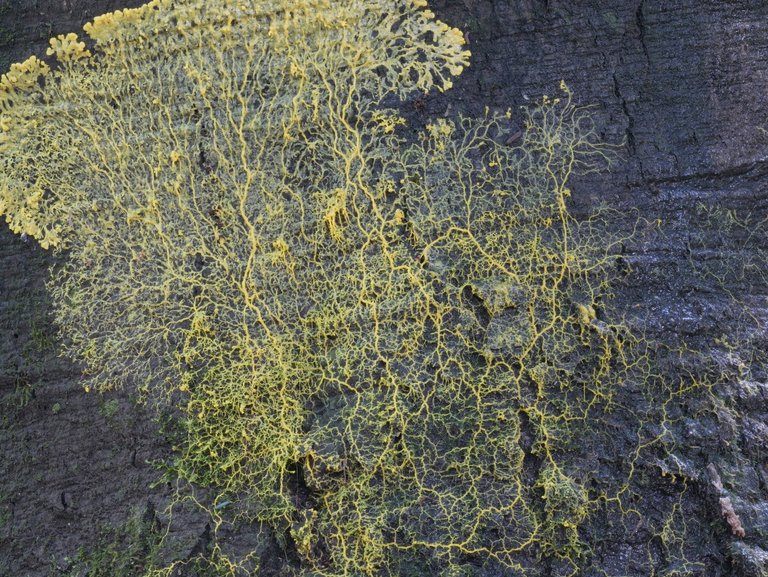A Look at Living Organisms and Intelligence
Human pride often centers on our intelligence, which we view as a remarkable trait akin to physical strength. However, articulating the essence of this characteristic in simple terms proves challenging. The most straightforward way to define intelligence is as the ability to solve problems. Yet, when we question how our intelligence has benefited us, responses often revolve around accomplishments like constructing advanced vehicles. In reality, the core function of our intelligence has always been survival, encompassing basic tasks such as acquiring sustenance, securing shelter, seeking mates, evading predators, and hunting prey.
Intelligence is a multifaceted concept encompassing the capacity to accumulate knowledge, learn, enhance our knowledge, strategize, and engage in critical thinking. It can manifest through instinctual behaviors or acquired learning, yet it remains intricate within the realm of science.
If we are to look into what makes up intelligence, then it will not be wrong o refer to consciousness as part of intelligence as it is important in awareness and problem-solving but then if we are going to look at the basis with intelligence, it has to do what I have mentioned earlier which are gathering information, storing information and the ability to utilize them for either more learning or for survival.
Our world information is gathered by our senses which includes sound, vision, smell, touch, and taste. With this senses, known and learn about our environment and then start to look into solving hunger problem, survival and fatigue. When we use our senses, we need to work with memory which is needed to keep information about places, events, behaviors, and associations. While our memory will help us keep information so we can improve on them, we need to learn. A example of learning is trying to walk but fall in the process. It requires putting a sequence of thoughts, or actions together in other to adapted to them.
Learning is integral to intelligence. It involves the process of assembling sequences of thoughts or actions to adapt to new circumstances. Our senses and learning capabilities enable numerous living beings to display surprisingly intelligent behavior. An exemplar is the Physarum polycephalum, a unicellular slime mold that, despite its lack of a brain, navigates and remembers paths using slime trails to locate food efficiently.
When it comes to higher animals, they are able to build on this simple abilities that make simple organisms intelligent so as to be able to solve problems. For higher organisms, they need to be able to store a list of information and creativity. When we have been able to store information and remember them years later, creativity is the next step. This has to do with making new and unusual connection with available resources to find solution to problems. This is seen in organisms such as Raccoons, and primates.
Human intelligence is further elevated by our ability to collaborate effectively. Cooperation enables us to tackle problems that elude resolution by individuals working in isolation. While the level of intelligence varies among organisms, it's undeniable that our relentless pursuit of survival has driven us to refine our learning processes and leverage acquired knowledge to meet our evolving needs.
Human intelligence, which is a source of pride, is deeply rooted in our survival instincts and problem-solving abilities. This intelligence span through sensory input, memory, learning, and creativity. As we continue our quest for daily survival, it is no doubt that our intelligence remains ever-evolving and is an indispensable tool in our survival toolkit.
Read More
https://www.ncbi.nlm.nih.gov/pmc/articles/PMC3181994/
https://www.ncbi.nlm.nih.gov/pmc/articles/PMC3245704/
https://www.frontiersin.org/articles/10.3389/fpsyg.2018.00567/full
https://courses.lumenlearning.com/waymaker-psychology/chapter/what-are-intelligence-and-creativity/
https://nba.uth.tmc.edu/neuroscience/m/s4/chapter07.html
https://askthescientists.com/senses/
https://www.scientificamerican.com/article/making-sense-world-sveral-senses-at-time/
https://humanbiology.pressbooks.tru.ca/chapter/10-7-human-senses/
https://www.ncbi.nlm.nih.gov/pmc/articles/PMC7935053/



Intelligence is one of the great way in making difference in life and we must there acquire intelligence.
Thanks for your contribution to the STEMsocial community. Feel free to join us on discord to get to know the rest of us!
Please consider delegating to the @stemsocial account (85% of the curation rewards are returned).
Thanks for including @stemsocial as a beneficiary, which gives you stronger support.
Congratulations @thomisin! You have completed the following achievement on the Hive blockchain And have been rewarded with New badge(s)
Your next payout target is 250 HP.
The unit is Hive Power equivalent because post and comment rewards can be split into HP and HBD
You can view your badges on your board and compare yourself to others in the Ranking
If you no longer want to receive notifications, reply to this comment with the word
STOPTo support your work, I also upvoted your post!